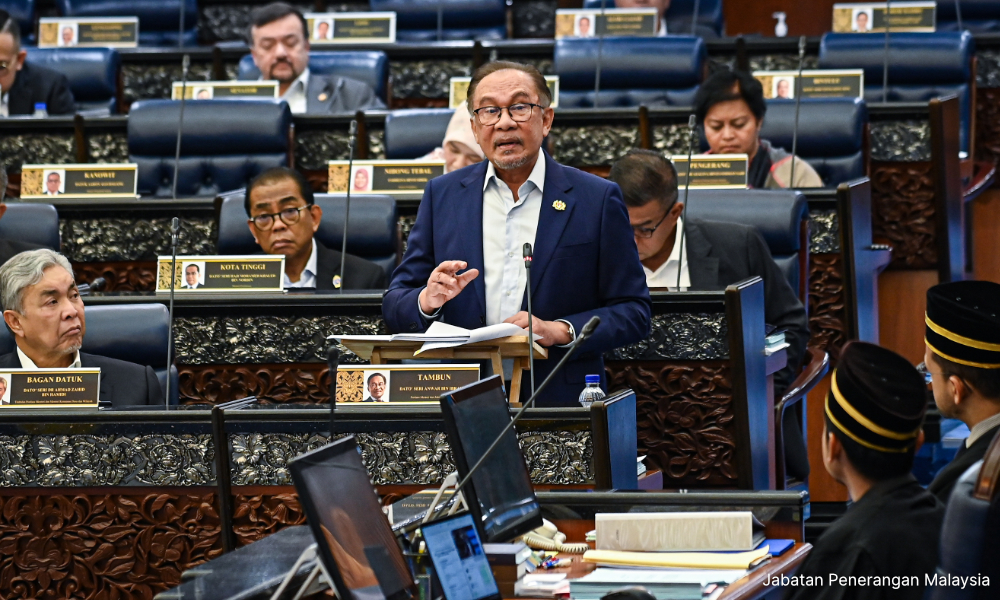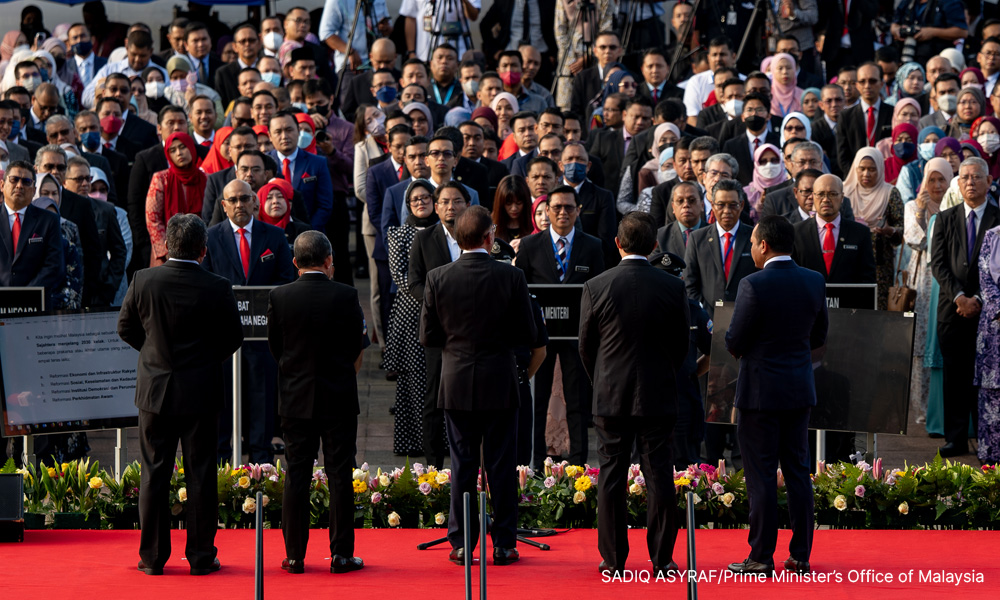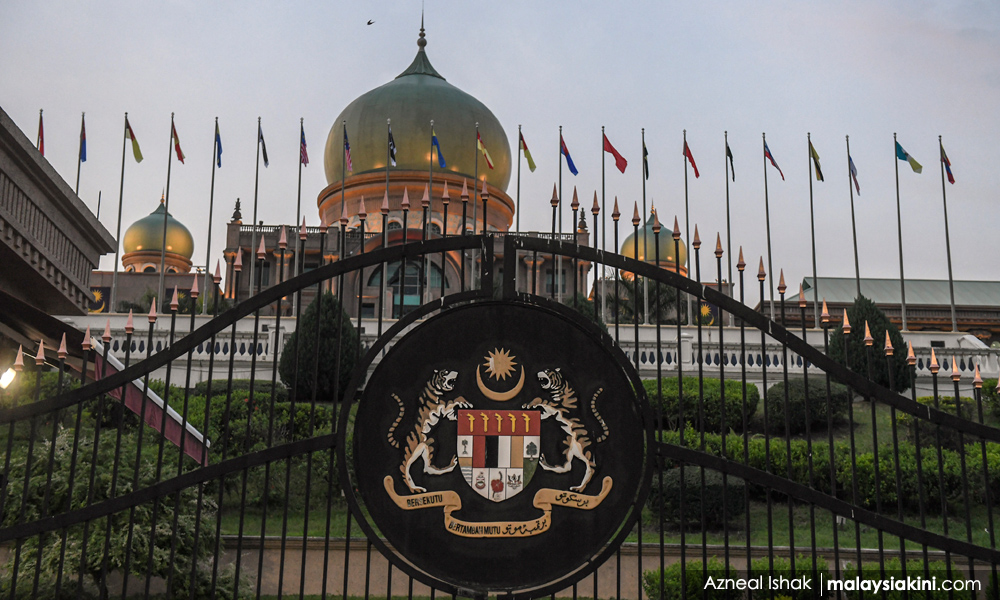Here we go again with another round of MP salary and pension discussions. If you’ve been around long enough, you would have noticed that the talk about MP salary and compensation has a cycle.
Every four or five years, it refreshes and becomes the talk of the town once more. Come to think of it, the time cycle is similar to our general election. Go figure.
Now, does anything ever come out of this? If the frequency is as such, what do you think? Okay, I don’t want to be the complaining disgruntled journalist in his mid-forties so I will try to contribute something more positive to the discussion.
To be fair, it does improve. However, from my observation, the improvements come at a snail-like pace. The change that happens each time is also very minutely significant.
But at least change is happening. A quarter of a step, every half a decade, is much better than nothing. How’s that for positivity?
I have always been an advocate of high salaries for public elected officials. These are people in power and with influence. If you want to talk about corruption, the temptation is there.
So logically, it makes sense to pay them a lot so that they wouldn’t need a side hustle to make ends meet. This is sensible, of course.

One of the comparisons often made is with Singapore because they are known to be among the highest paying when it comes to MP and minister salaries.
The small island state’s reputation for low corruption is also pretty impressive. Their government has always been ranked among the least corrupt in the world.
However, if you have been reading Singapore news recently, then you would know that their former transport minister S Iswaran was slapped with corruption charges. So I don’t know if my argument is going to stand, but I think it’s okay lah. Hear me out first.
With that being said, Kini News Lab recently launched an excellent interactive report analysing the income and pensions of MPs in Malaysia.
Once you have consumed the report, you will notice that Malaysian MPs and ministers earn quite a significant amount, not just while they are serving, but also once they retire.
Here lies the issue of contention - are our MPs and ministers earning a bit too much for their work?

Aside from their high salary compared to the country’s average income level, another criticism is that MPs can earn a pension after serving a much shorter time compared to other government servants.
MPs and ministers can also earn several pensions on top of each one depending on how many portfolios they used to hold in the government.
The government has responded to this and is contemplating removing pensions for elected officials, possibly opting for contributions to the Employees Provident Fund (EPF) instead.
It might also reduce the salaries of MPs and ministers. This may appease the majority in the short run, but I am afraid that this might lead to future problems.
Top price for best minds
As I have mentioned, I am an advocate of high salaries for our public elected officials because if we pay peanuts, then we will get monkeys.
We need to have attractive compensation if we want to attract attractive minds.
That is why competitive financial packages in the private and corporate sectors seem to pull in the best talents, whereas the pitch to work for the government is always “to serve the nation”.
As much as people want to serve their countries, they still want to make a living, and, truth be told, part of the ambition for many is also to live a comfortable life.

This doesn’t take away from their intentions of wanting to contribute to society, but we have to be realistic, right? There needs to be a balance in every aspect of our lives.
Herein lies the issues that we are facing now. Are we really attracting the best people to be our public elected officials?
Are our MPs and ministers the best talents to help us run our country?
Would the people be dissatisfied with the income made by our MPs and ministers if they are performing well and fulfilling their KPIs and objectives? I believe that it wouldn’t be an issue then.
With that being said, financial compensation isn’t the end all solution. We still need people who are professional, responsible and with integrity holding these solutions.
So whether the salaries, allowances and pensions are attractive or not, it doesn’t really matter because we still need a way to filter the right people for these positions.
Expectations
We, the people, need a way to be able to hold those in office accountable. They need to also be responsible enough to accept accountability.
We can’t have people in power who constantly find ways to make excuses for lackluster performances, or even ignore criticism and accusations. They have to understand that they report to and answer to the people.

To get such leaders, it goes way deeper than just high salaries and pensions.
We need to have a society that values integrity and responsibility. We need an education system that has, at its core, an objective of producing a nation of people with high morals and values. We basically need the right culture.
The question now is - do we have an existing culture like this in Malaysia? I will let all of you answer that for yourselves. Personally, however, I am still trying hard to be somewhat positive. So I will say that we will eventually get there someday.
But these discussions and discourse must happen more often and with more conviction by the people. MPs and ministers need to take action that is more than just a quarter of a step, every half a decade. - Mkini
ZAN AZLEE is a writer, documentary filmmaker, journalist and academic. Visit fatbidin.com to view his work.
The views expressed here are those of the author/contributor and do not necessarily represent the views of MMKtT.

